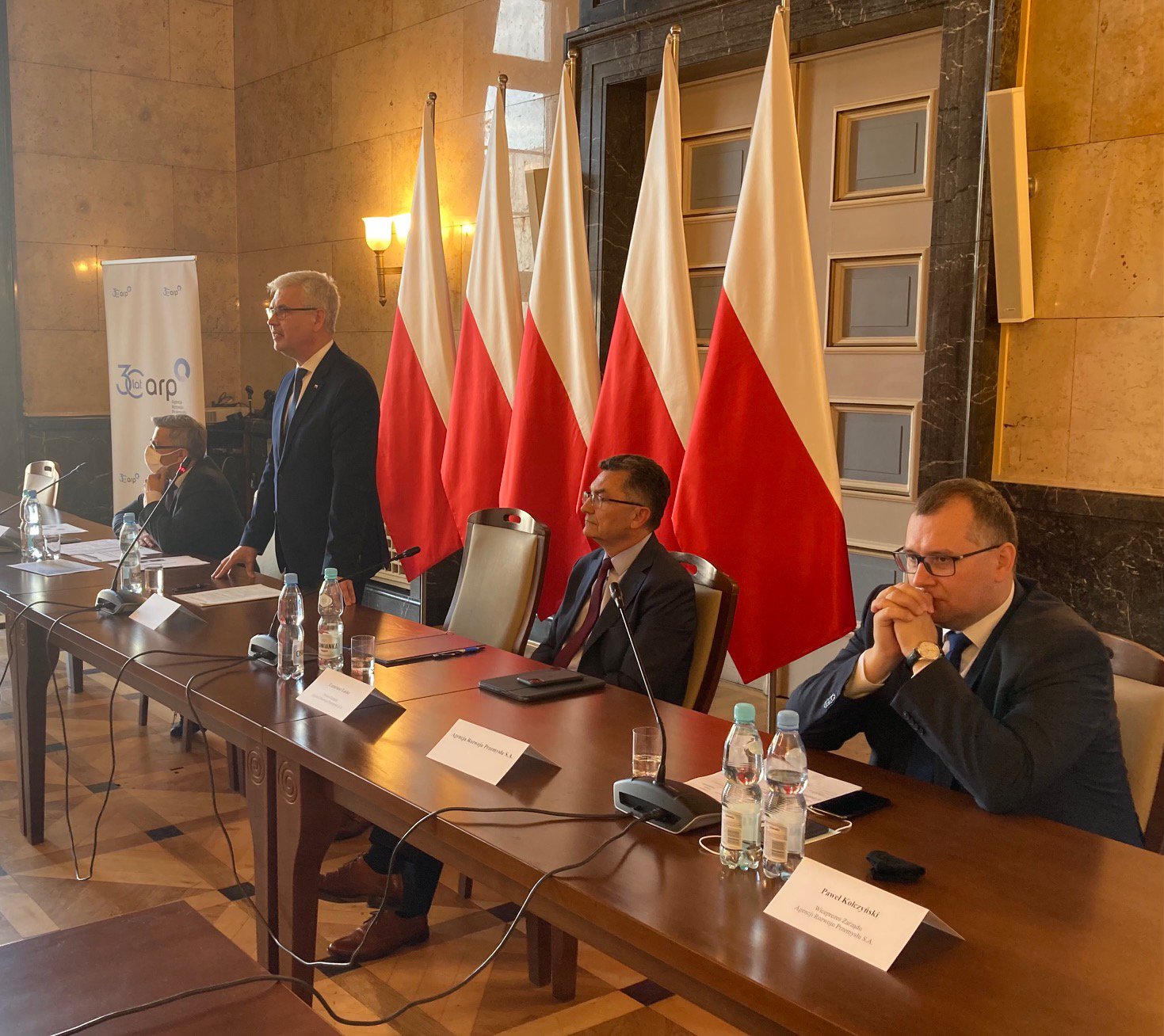





-
Application
- Industry
- Heating industry
- Individual solutions
- Law regulations
- Certification
- Research and development
- Public perception
- Investment map
-
Transport
- Hydrogen buses
- Hydrogen trains
- Special vehicles
- Law regulations
- Certification
- Research and Development
- Public perception
- Investment map
-
Production
- Technology
- Green hydrogen from Renewable Energy Sources
- Grey hydrogen
- Hydrogen production from biomass
- Law regulations
- Certification
- Research and development
- Public perception
- Investment map
-
Transmission, Storage



Cookies
Informujemy, iż w celu optymalizacji treści dostępnych w naszym serwisie, dostosowania ich do Państwa indywidualnych potrzeb korzystamy z informacji zapisanych za pomocą plików cookies na urządzeniach końcowych użytkowników. Pliki cookies użytkownik może kontrolować za pomocą ustawień swojej przeglądarki internetowej. Dalsze korzystanie z naszego serwisu internetowego, bez zmiany ustawień przeglądarki internetowej oznacza, iż użytkownik akceptuje stosowanie plików cookies. Czytaj więcej Polityka prywatności
Hydrogen valleys
Hydrogen valleys in Poland
Hydrogen valleys are special areas covering regions in Poland where projects involving the use of hydrogen in various areas will be implemented. The draft Polish Hydrogen Strategy envisages the creation of at least five hydrogen valleys. Each of them is to be a regional centre for research, improvement and education. Advanced work is underway to establish five valleys: Silesian, Lower-Silesian, Subcarpatian, Greater Polish and Mazovian, which is to be the central unit. The coordinator of the all-Poland hydrogen valleys programme is Inustrial Development Agency JSC.Silesian Hydrogen Valley
The Silesian Hydrogen Valley is to be organised as an association under this name, with the participation of Silesian companies and academic circles. A meeting devoted to the Silesian Hydrogen Valley was held on 10 August 2021, on the International Hydrogen Day, at the initiative of the Ministry of Climate and Environment. The creation of the valley is to make it possible to use the region's potential in modern technologies, to build a place where fuel cells, hydrogen buses will be produced and low-emission hydrogen will be used on a large scale as a source of clean energy. Hydrogen as a source of clean energy can be used to power industrial plants that consume large amounts of energy.
More information:
https://biznes.gazetaprawna.pl/artykuly/8232164,slask-biznes-motoryzacja-karolczak-oze-drony.html
https://www.teraz-srodowisko.pl/aktualnosci/Slask-dolina-wodorowa-10710.html

Lower Silesian Hydrogen Valley
The valley was created on the basis of a letter of intent signed during the Economic Forum in Karpacz. The initiators of the creation of the valley are 25 entities, including: KGHM Polska Miedź S.A.
- one of the strategic companies of the State Treasury, having its headquarters in Lower Silesia; Grupa Azoty S.A. - the largest hydrogen producer in Poland; Wrocław University of Technology; Wrocław University of Life Sciences; University of Wrocław and Toyota Manufacturing Motor Poland. The coordinator of the nationwide programme for creating hydrogen valleys is the Industrial Development Agency. Among the key objectives of establishing the second hydrogen valley in Poland is the integration of entities from various sectors, around which a network of economic links with suppliers, subcontractors and cooperators will be developed. These include: universities; research institutes; start-ups; clusters; implementation companies; local government units; large State Treasury companies.
More information:
Greater Polish Hydrogen Valley
A declaration of intent to establish the Greater Polish Hydrogen Valley was signed on 5 July 2021. Signatories of the declaration of intent to establish the Greater Polish Hydrogen Valley include representatives of the Greater Poland Region headed by Marek Woźniak, Marshal of the Greater Poland Region, and Jacek Bogusławski, member of the Board of the Greater Poland Region and Chair of the Greater Polish Hydrogen Platform. Presidents of the largest cities in Greater Poland have also affixed their signatures: Poznań, Konin, Kalisz, Piła, Leszno and Ostrów Wielkopolski, as well as representatives of the authorities of Greater Polish universities: University of Adam Mickiewicz in Poznan, Poznań University of Technology and Poznań University of Life Sciences. Among the signatories there was also the business environment: Solaris Bus & Coach, Zespół Elektrowni Pątnów-Adamów-Konin, Wielkopolska Rada Trzydziestu and the Regional Development Agency in Konin.
Wielkopolska plans, among other things, to produce zero-emission green hydrogen. The signatories also hope to utilise the region's potential in seeking active inclusion with indigenous technological solutions in the global supply and value chain of a hydrogen-based economy. It will also strengthen Greater Poland's competitive position.
More information:
Pomeranian Hydrogen Valley
The Valley aims to build a hydrogen ecosystem in the Pomeranian region. Among the first goals to be realized are: projects related to land communication - hydrogen powered buses and trains, as well as sea communication, i.e. hydrogen powered ships in "short sea" connections - here connecting Tri-City ports with Hel. An important aspect is also promotion and hydrogen education aimed at primary and secondary school students. The creators of the valley want to build a hydrogen awareness among the residents of the region and also create a base to build a value-added chain for Pomeranian entrepreneurs who can join the hydrogen projects realized in Pomerania. The project is coordinated by Cluster of Hydrogen and Clean Coal Technologies.
The declaration on the establishment of the valley was signed already in 2019 and its signatories are: Pomeranian Voivodeship, Cluster of Hydrogen and Clean Coal Technologies Carbon Technologies, Municipality of Gdynia, PKP Energetyka S.A., Port of Gdynia Authority S.A., Pomerania Smart Specialisation Council from the area of off-shore and port and logistics technologies (ISP1), Pomerania Smart Specialisation Council from the area of eco-efficient technologies in production, transmission, distribution and consumption of energy and fuels and in construction (ISP3), Gdańsk, Gdynia, Sopot Metropolitan Area Association. LOTOS is also a partner of the valley.
More information:
Mazovian Hydrogen Valley
PKN Orlen will lead a partnership of 16 different experienced entities that together aim to further develop hydrogen technology. Mazovian Hydrogen Valley is an area corresponding to administrative regions, where projects related to the use of hydrogen in various areas of the economy will be implemented. Its activities will be based on four pillars. The main one is considered to be the construction of a value chain through, among others, the implementation of research and development projects, the creation of systemic solutions for the training of specialized personnel and conducting activities to support regulatory processes.
The leader's task will be to develop goals and strategies and to organise the Valley. The choice of the leader is not accidental. The company has significant successes in the field of implementation of hydrogen technology, as well as impressive long-term research and investment plans. As emphasised by the President of PKN Orlen, Daniel Obajtek, the concern plans to achieve complete emission neutrality by 2050. The company is also involved in foreign projects such as the international Hydrogen Eagle programme, thanks to which it has a chance to become the leading producer of hydrogen in Central Europe.
More information:
Subcarpatian Hydrogen Valley
Poland's first hydrogen valley to be established on 18 May 2021 in Jasionka. The Subcarpatian Hydrogen Valley will make it possible to use the potential of Rzeszów and the region in the field of modern technologies - there are plans to create a place where fuel cells and hydrogen buses will be produced. In the future, the Subcarpatia region plans to make use of its know-how from the Aviation Valley and start working on hydrogen as a fuel for powering aircraft. Therefore, among the signatories of the letter were: Subcarpatian Voivode, Marshal of the Subcarpatian Voivodeship, pf? President of Rzeszów, Rzeszów University of Technology, University of Rzeszów, Energy Institute, Research Institute, Ceramics CERE, Polenergia S.A., Polenergia Elektrociepłownia ML System S.A., Fibrain Sp. z o.o., authorities of the Aviation Valley, Autosan Sp. z o.o. and the mayor of Sanok.
Signing a letter of intent on establishing the Subcarpartian Hydrogen Valley enables close cooperation to create a business and technological environment to build the Hydrogen Valley, based on the production of hydrogen in the electrolysis process with the use of surplus energy produced from RES installations; use of scientific and research potential to undertake innovative industrial ventures, investment projects aimed at building common value chains for a closed-loop hydrogen economy; exchange of information and experience related to building a hydrogen economy.
More information:
https://rzeszow.uw.gov.pl/aktualnosci/na-podkarpaciu-powstanie-dolina-wodorowa/
Redakcja





